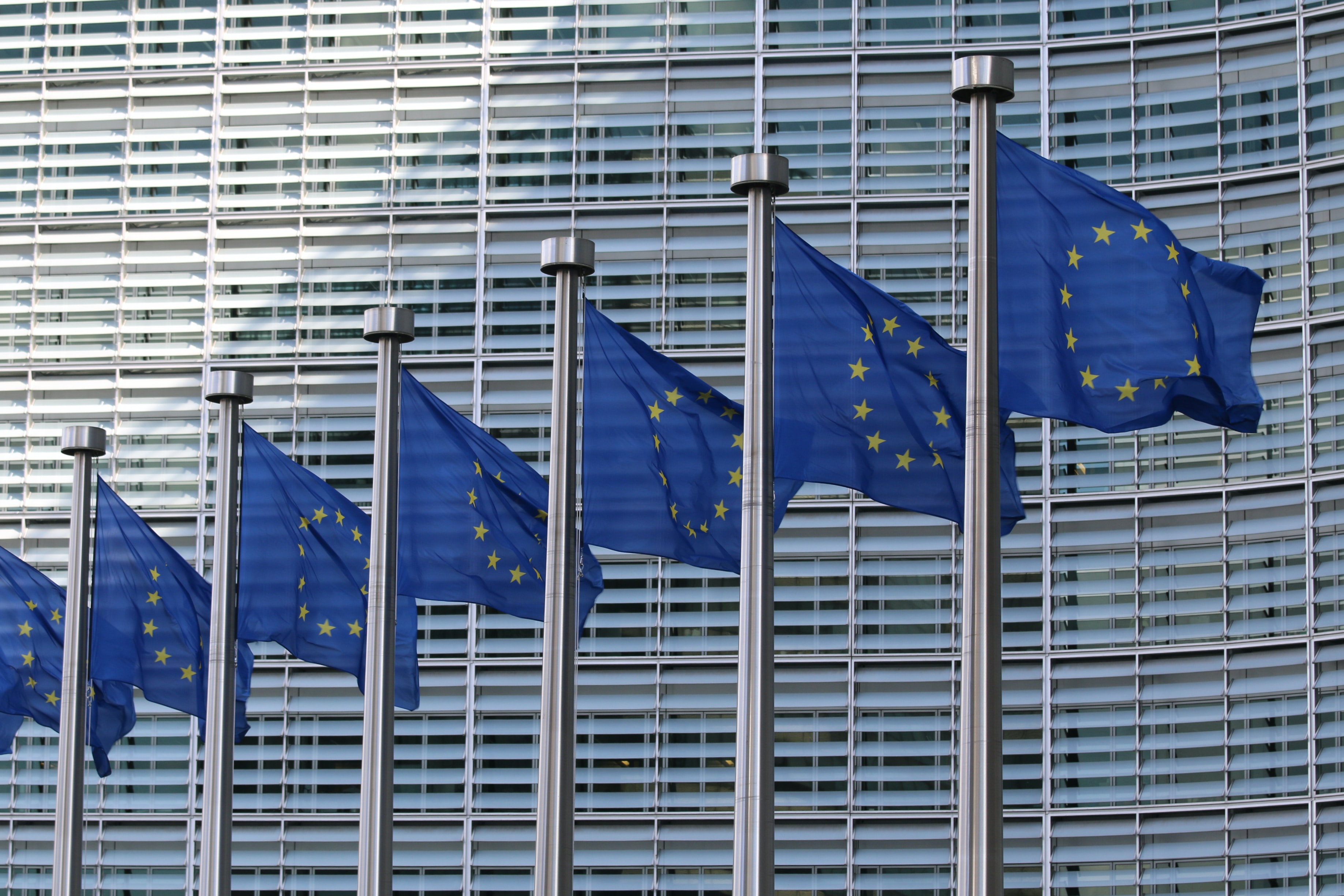- to introduce criminal liability for the violation of EU sanctions (“Criminal Liability Directive”); and
- to freeze and confiscate criminally obtained assets (“Criminal Assets Freezing Directive”)
(jointly — “Directives”).
Criminal Liability Directive
The purpose of the adoption of the Criminal Liability Directive is to ensure uniform and effective compliance with EU sanctions.The press release does not contain the current version of the text of the Criminal Liability Directive, but merely reflects selected issues. We have previously analysed in detail the draft Criminal Liability Directive published in summer 2023. We will publish our analysis of the final text of the Criminal Liability Directive as soon as it becomes available.
However, it follows from the EU Council press release that there will an exception to the general rule that sanctions offences must be committed intentionally. Trade with war materials in violation/circumvention of sanctions may a criminal offence not only when committed intentionally but also if committed with serious negligence.
Apart from punishing individuals with imprisonment and/or fines, there are also various liability measures for legal entities, such as disqualification, revocation of permits and licences to engage in certain activities.
In addition, the EU directs Member States to set a time limit for bringing proceedings for violation of EU sanctions to ensure effective enforcement.
Criminal Assets Freezing Directive
The Criminal Assets Freezing Directive targets, among other things, the proceeds of a violation of EU sanctions.The Criminal Assets Freezing Directive sets out EU-wide minimum rules on the tracing, identification, freezing, confiscation and management of criminal assets.
The press release emphasises that, following the adoption of the Criminal Liability Directive, proceeds that are derived by persons from circumventing sanctions will be subject to freezing and subsequent confiscation (“as those of traffickers in human beings or drug cartels”).
Significance
Prosecutions for violations of EU sanctions are regulated at the level of EU Member States. As a result, there is inconsistent practice in the application of restrictive measures. The adoption of the Directives is aimed at ensuring effective compliance with EU sanctions and uniformity of practice across the EU.Please note that the Directives have not yet been adopted as they require approval by Member State representatives. Once adopted, we will provide a more detailed analysis of the Directives.





